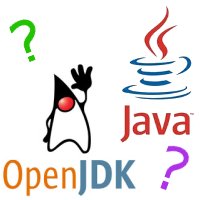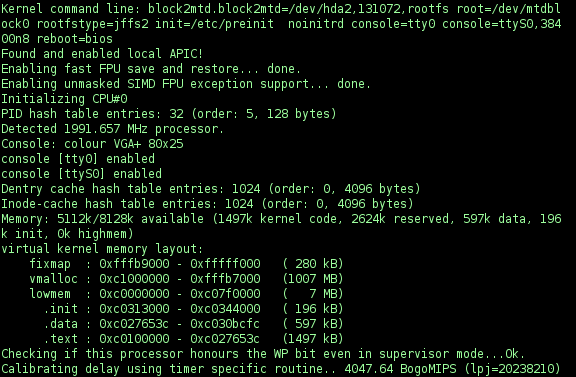Assuming that a) using the email to request the new password isn’t an option AND b) you have access to mysql or phpMyAdmin you may use the following methods to recover the password for your drupal root user: drupal 6: In drupal 6 the password is stored as a simple MD5 hash of your plain […]
Programming
Pages related to coding, computer programming, software development. You know… geek stuff.
Setting up drupal 7 with MariaDB on Fedora

1. Edit file /etc/my.cnf.d/mariadb-server.cnf and add these 3 lines to the [mysqld] section: innodb_large_prefix=true innodb_file_format=barracuda innodb_file_per_table=true This will enable usage of Multi-byte (in particular – 4-byte) UTF-8 support in Drupal 7. 2. mysqli: If you have problems with mysqli/mysql change the mysqli to mysql (or vice versa – whatever works for you) in /sites/default/settings.php. Alternatively […]
Responsive web-development tricks

To make your web-page fonts increase/decrease as the browser window dimensions change use viewport-based values instead of %, ems, pxs or pts. 1vw = 1% of viewport width 1vh = 1% of viewport height 1vmax = 1vw or 1vh, whichever is larger 1vmin = 1vw or 1vh, whichever is smaller Example: h1 { font-size: 4vw; […]
Where is git config file?

Short answer: .git/config in your active git repository; ~/.gitconfig or ~/.config/git; /etc/gitconfig More detailed answer can be found in the git man page:
“WordPress password reset doesn’t work”

There’s various articles and tutorials on the web explaining how to reset your WordPress password using different methods (email, ftp, emergency scripts, mysql, phpmydamin). Unfortunately a large portion of them, particularly the ones using mysql and phpmyadmin to reset the wordpress password will not work. Or rather – they will work but there is a […]
Java on Linux: How to install and enable Oracle’s Java instead of OpenJDK

Many of the major Linux distributions come bundled with OpenJDK Java instead of the “standard” Sun Java or — since Sun Microsystems acquisition by Oracle in 2010 — Oracle Java. One such distro is Fedora, for example. Open JDK is ok in most cases but there are situations where you need to install the “real” […]
Using curl and POST requests to automate data retrieval from a website

Problem: A site contains data which is of interest to us. The data is uniformly structured and available for examination by the general public (i.e. no login required) but is not automatically accessible, i.e. viewing it requires repetitive user interaction (such as setting a date range, clicking a ‘submit’ button, etc). In addition, usually the […]
drush: install specific version
… don’t know what drupal and drush are? Then this post is probably not for you… Let’s face it – drush is a bitch to install. But we want it. So we have to. And install it we will! Even though there appears to be extensive info on the topic on drush’s website, installing it […]
Setting up multi web site developer testbeds/sandboxes on localhost

Scenario —————————————————————— You are maintaining several web-sites (site1.com, site2.org, etc…). Having just one web-site at localhost with all files (DocumentRoot) at /var/www/html is not an option for you. You need to be able to test all of them and to access them in a convenient way. Solution Setup apache with Virtual Hosts, give your sites […]
How to find ioctl callback function inside the driver source

How can you see which code a module executes when your app calls an ioctl system call? Consider this situation: You app gets to the point where it executes an ioctl syscall and returns an error, e.g. if (ioctl(fd, STVMIX_IOC_DISCONNECTLAYERS, &STVMIX_Ioctl_DisconnectLayers) != 0) { /* IOCTL failed */ ErrorCode = ST_ERROR_BAD_PARAMETER; printf (” STVMIX_DisconnectLayers():Ioctl error […]